When I was a day old, my mother saw a sore on my right foot.
Before my birth there was an old woman in my village who had the same size of sore on her right foot. She was a widow with two children. Her son died shortly after her husband’s death and at the age of forty, her daughter was still a spinster. The community assumed she was a witch who killed her husband and son, and also smeared her daughter in the spiritual realm so that she would not be attractive to any man because she wanted the daughter to stay with her. As a result of these rumors, the daughter left her old mother and ran away.
One morning, the old woman came to collect live coals from my mother’s hearth to make her own fire. My seven-month’s pregnant mother, scared of a witch, refused her. Before she left, the old woman turned to my mother and said, “A ge y’ufi kum? Um ge ga la m’lu wᴐ.” This translates to: You are scared of me? I will come to live with you. My mother was frightened that a known witch had made such a promise to her but she did not expect it would have anything to do with the child in her womb. This happened on August 8, 1994. (I always celebrate this day like my birthday, because it was the day that my birth and the family I would be born into was negotiated.)
Two days after my birth my grandfather told my mother not to breastfeed me, so that it would be easy to throw a dead body away instead of a living child’s body. I was not to carry a stigma and survive in the family. For the sake of my happiness, I was not to live. For every prayer he offered I sneezed twice. At one point, he slapped my mouth and said, “Ohikwuᴐti has reincarnated with her witchcraft.”
On the seventh day, after several curses and prayers for my death, the dead old woman appeared to my mother around 8 am. This time in Idoma is known as iyaja—the time that every spiritual transaction happens. She told my mother that she was tired of the insults and curses from my grandfather, that my mother should add some baby powder to my wound and it would heal. My mother did as she was instructed and the sore healed overnight, leaving hair and a patch of white skin.
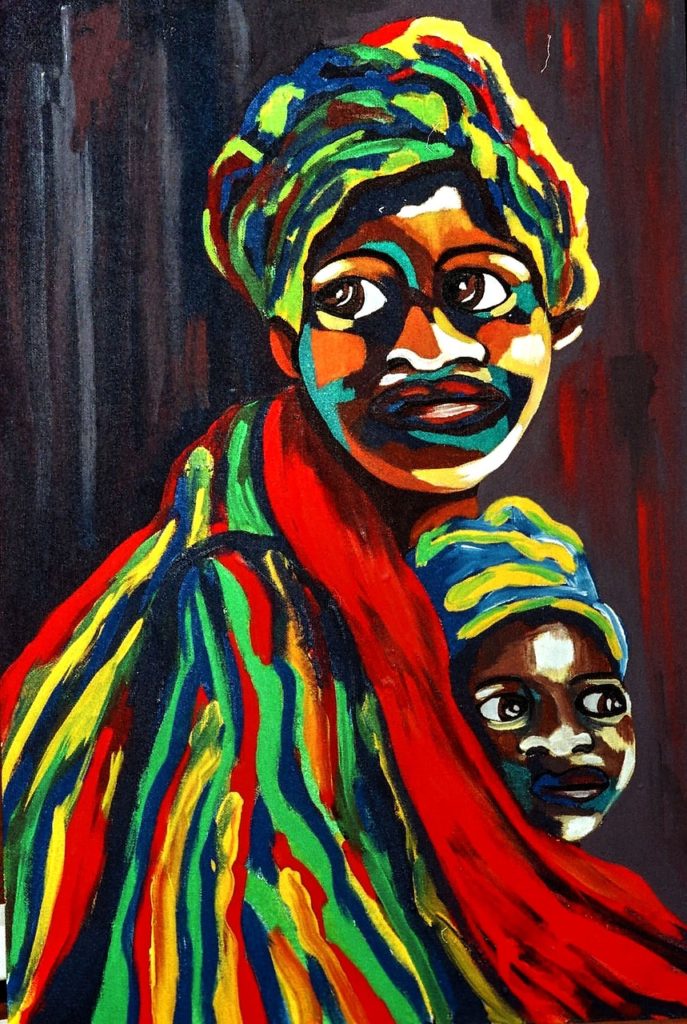
This mystery surrounding my birth would become my foundation for true African identity later in life, although it was not the end of my encounters with African mysticism. At age seven, I woke up one morning to discover that the color of my lips and fingers had changed. Peeled. Taunting me later, my mates said it was the result of some hideous activity or the other. I recall once in my street I played games with two boys. When I won, they jeered that I went to steal meat from the pot and got my lips burnt. I cried all the way home. My parents took me to several hospitals in our home state but the blackness of my skin kept fading and leaving everyone in fear of what I might finally transform into. When we relocated to Lagos, the hunt for medicine continued. We decided to switch to herbs, with the hope that this treatment would be more potent than English drugs. Living in Lagos, full of Yoruba people, there was greater expectancy for healing since the Yoruba people have a reputation for potent herbs. The more I used the barks of trees and other concoctions they gave me, the more the color of my skin kept changing.
Secretly, I prayed for death. I cursed God. I hated myself and everything that had to do with me. To make things worse, I could not speak English very well, I had no clothes, and we were living in a single room—nine of us. I felt like I was the most unfortunate person on earth and began to loathe my parents for everything.
In 2005, after the death of both of my grandfathers within the space of a month, my father had to collect a loan from his workplace. He was the first son and, unfortunately for us, my mother was also the first daughter. So the weight of the funeral costs came to rest on our roof. Remembering this now, I think of Meme Jumai in Chuma Nwokolo’s Diaries of a Dead African, and others who have to go through hell to fulfill certain obligations imposed on them by society. But isn’t that devotion to community the beauty of the African life?
When we relocated to Adoka, my primordial base, my skin kept changing color. I was living only inside my own skin because I felt I was other, something abnormal. Even in Adoka, when we went to the stream, my mates would insult me on how I went to Lagos and came back with disease, and in retaliation, I would insult them in pidgin English, and they would become more furious.
One day, an old woman saw me coming back from the farm, and she said, “Enem, my mother, how are you?” This left me startled. I wondered how I could be anyone’s mother. On getting home, I told my mother that an old woman had called me her mother, and immediately, she knew who she was—the daughter of the woman who reincarnated into me.
When the woman I saw on my way from the farm came that evening, she rubbed her hands on my head and hailed me endlessly, “Enem oyo! Ene nehi! Oyina pia heyi fu le be ka wᴐ a.” This translates to: “My fond mother. Greatest mother. The child you reincarnated is as pretty as you were.”
A particle of water formed in her eyes. Then she started crying and apologizing to me that she should not have left me. She said she was sorry. I couldn’t tell what her tears sparked in me, I started crying too. I felt I had known her all my life and I felt sorry for whatever it was that I had done to her. She got married fourteen days after her mother’s death (or should I say my former death?). She asked my mother if it was fire that burnt my lips. My mother explained to her how we woke up one morning and saw I had lost the blackness on my lips, and even my legs and hands were already changing color.
The woman paused for a while. When she spoke it was with a smile. She told my mother that it was not a sickness, they should stop wasting money. It was aile, that the force with which the wound on my leg disappeared brought the burn on my lips. She advised that they should take me to her mother’s grave and say inalegwu to her stating that the child she came back through was doing well but there was a disorder affecting him and if it continued the boy was not going to enjoy his life. Before she left she loosed her wrapper’s edge and gave me the last fifty naira she had with her.
One morning in the month that my mother went to the grave of the old woman who reincarnated as me, we discovered that my lips were becoming black again. I had stopped taking medication as the woman had instructed.
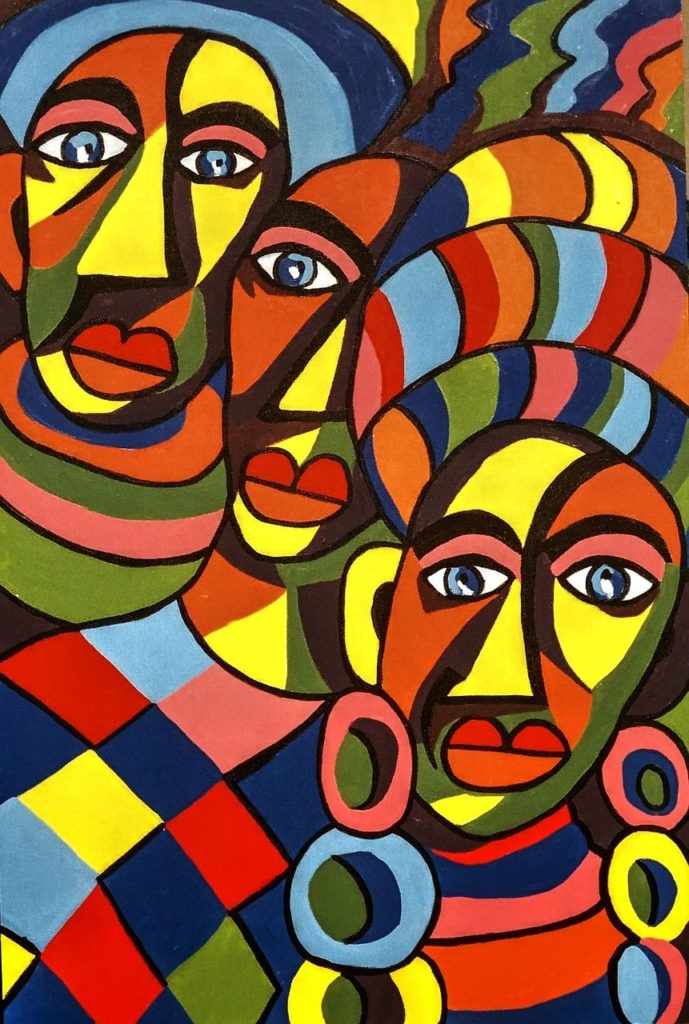
I started to regain my confidence—little by little—but by then inferiority complex had already sprouted and the feeling of being beneath the shape of a normal human was already buried deep inside my mind.
In the year 2019, a friend jocularly mentioned that I had a skin disease called vitiligo. I don’t know what got me angered, if it was the fact that she brought forth a past I was trying to kill or the pity in her voice when she said it. It was the first time that I heard of the medical condition, even though, I had it (according to her). I felt that the word was new to her because of the way she rubbed it on my face. I had one problem: How do you explain to someone that the mark on your body is proof of reincarnation?
I revere this idea of reincarnation because for me it is part of African spirituality, of my African identity. When I talk about what our ancestors were and the circle of life in Africa, people will simply call me a pagan, or worst, intellectuals will see me as a primitive soul who is not willing to embrace modernity. But how can I lose my identity for what the world thinks?
My lips still have patches around them to this day.

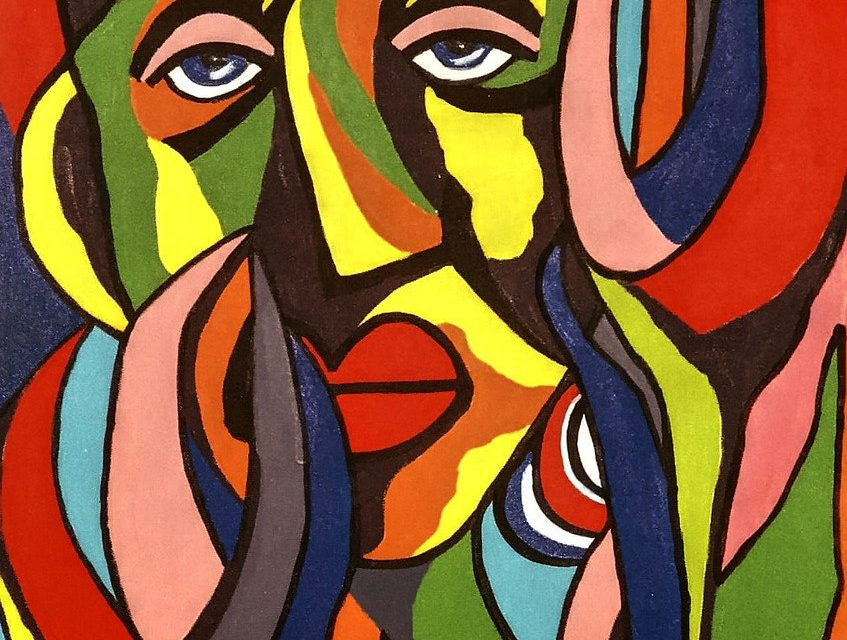
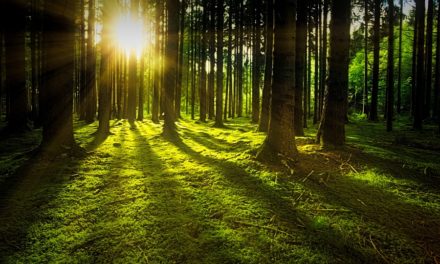
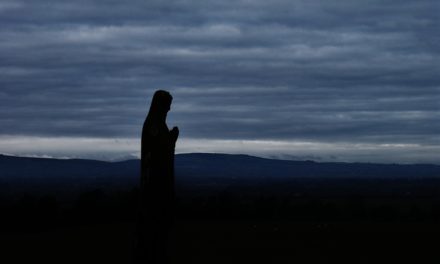
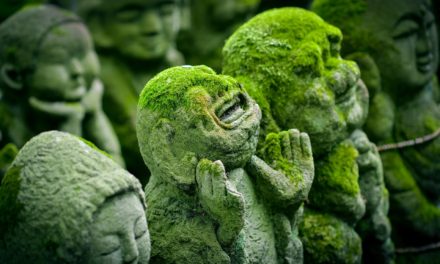
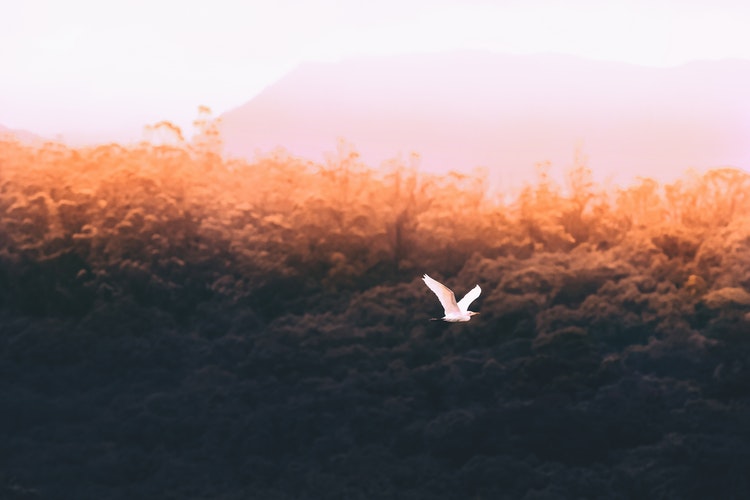

I felt this spiritual connection and for me it’s a familiar tale. Thanks for sharing, boss.